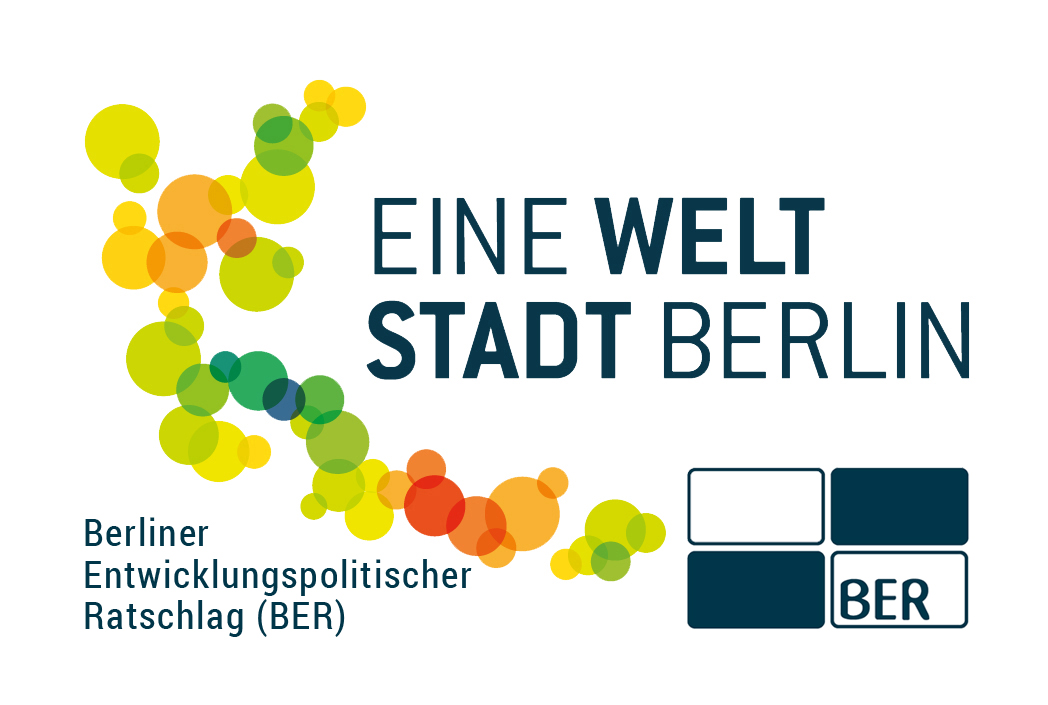About Us
In a nutshell: What do we do at Wind?
Wind (German: Brückenwind) is a non-profit association that primarily aims to serve as an information and exchange platform for volunteers.
We are therefore addressing anyone who is either involved in volunteer projects and/or would like to address the issue of power structures within support work. Our aim is to organise volunteer work in the spirit of solidarity while reflecting on existing power relations in a way that is effective for all those involved. We would like to draw attention to the numerous pitfalls in many volunteer work structures and raise awareness of the dynamics of "white saviourism" and "voluntourism" (see below) and their consequences.
Overall, we would like to provide constructive support for various forms of support work, particularly with refugees and people on the move, and look for possible improvements and alternatives where there are shortcomings. Together with committed volunteers and anyone else who is interested, we would like to use various opportunities to exchange ideas and information to discuss how the structures can possibly be organised in a more solidary manner.
We emphasise the importance of adapting volunteer work to the specific needs of the people and projects supported as well as a vivid exchange between all involved. To enable volunteers to deal critically and constructively with their own needs, questions and motivations, we would like to provide in-depth support at various levels through our online seminar and our workshops, in which we interactively develop points of criticism.
In more detail - Our approach and criticism of volunteering with People on the Move and refugees
We are convinced that the power imbalance which has developed through centuries of colonisation between colonising (today: Global North) and colonised countries (today: Global South) is reproduced in different ways today, in a post-colonial era. We want to take a critical look at the extent to which this is reflected in certain images, relationships of dependency and ideas of superiority that also occur in many international "aid" or "development" projects for volunteers.
Young people who want to get involved in international volunteering projects are usually driven by their goodwill and motivation to show solidarity with others. We therefore do not want to condemn these efforts in its entirety, but rather to draw attention to the fact that neither in schools nor in the dominant public discourse is the colonial past is sufficiently dealt with in order for young people to become aware of today's consequences and responsibilities. There is often a lack of fundamental and self-critical thematisation of structural racism and unequal power relations, which ultimately lead to these structures also being (unintentionally) reinforced through volunteer work.
Our aim is to change these trends in volunteering, not just by pointing fingers, but by discussing alternatives. In our work, we would like to focus on the pitfalls of international volunteering in an exchange with interested people and discuss the continuing global imbalance and the associated distribution of privileges and resources for solidarity-based and sustainable alternatives in volunteering. We want to support people to critically look at their own view on socalled development cooperation.
We criticise the following aspects in current mainstream structures of "developmental" volunteering:
- Lack of sustainability and creation of new dependencies:
So-called development projects or other projects of aid agencies of the Global North in the Global South lead to a one-sided profit stream in the long term (either through a long-term flow of funds that ultimately flows back to the “donor country”, or through the unilateral facilitation of experiences abroad and in work by the volunteers who tend to benefit the most). - Undermining local organisations and structures:
Through the financial support of certain, mostly non-local, sponsors of organisations, local structures can be destroyed or dominated by the influence of the (so-called) sending countries and organisations. The work of young volunteers from the Global North can have a significant impact on the local economy as they are sometimes doing work for free that could eventually be a payed position for the local population. - Lack of competence and cultural sensitivity:
Although in most cases volunteers have to go through some preparatory seminars before starting their volunteer stay, these usually cannot compensate for the fact that volunteers are assigned to projects and jobs for which they are not sufficiently qualified. Furthermore, there is usually a lack of the necessary cultural sensitivity or contextual prior knowledge, which can lead to misconduct and conflicts in the projects. - White Saviourism:
The fact that young people, most of whom do not have the necessary qualifications, are nevertheless deployed in projects of so-called "development cooperation" shows the arrogance of the Global North that goes hand in hand with this format. The White Saviourism thus describes the phenomenon that white people believe (consciously or subconsciously) that their origin, upbringing and education in a country of the Global North gives them the right, knowledge and legitimacy to 'enlighten’ and educate other people. White Saviourism means the wrongful idea or belief that it takes the intervention of white people to ‘save’ other non-white people from their living situation that is perceived as insufficient. In this, not only historically grown global stratifications and images of the passive and needy "others" shaped by racism are reinforced, but contexts and responsibilities are greatly shortened and simplified. This train of thought implies the idea of the alleged indispensability of white people as "problem solvers" for global injustice and poverty, without reflecting on their own responsibility for it. - Voluntourism:
One important phenomena of international volunteer work of today is socalled 'voluntourism'. This concept is about organisations or individuals that integrate a volunteering experience into a tourist trip. In this context, a certain "adventure" and experience for the volunteers clearly takes precedence over the needs of the local projects, which tend to be weakened as a result. The White Savior Complex combined with ("disaster") voyeurism and the common desire for the feeling of having done something "good" are the engines of this business. The lack of preparation as well as the short duration of a volunteering stay leads to a stronger impact of the four previous aspects and makes the resulting damage to the local society even more significant.
So our work is primarily about drawing attention to these critical aspects of international volunteering and discussing them with interested people. Within this framework, we want to reflect on our colonial past and its impact on contemporary international volunteering industries in order to better understand the origins of the current unequal power relations.
We therefore also want to reflect on tendencies of overestimating oneself due to one's socialisation and the unequal access to privileges, as unpleasant as this may be. This is a lifelong process of learning or rather 'unlearning' socially manifested stereotypes as well as the idea of the Global North as the 'right' role model to emulate.
Despite all these aspects, we are confident that solidarity-based and sustainable volunteering is possible! We believe that international exchange can be important and enriching for all parties involved. The challenge ist to create projects that cooperate internationally and are geared to local needs. Doing that they should offer enriching exchanges between people at both ends of the projects, but without creating relationships of dependency or even manifesting existing power relationships or notions of superiority.
Team introduction
We at Wind are a group of young people who share a vision of fair and solidarity-based volunteering. We work together on a voluntary basis and out of personal conviction. In order to realise our vision and implement ideas productively, we have divided ourselves into different teams. The small teams work on the various tasks that our association entails. They operate largely independently of each other, but are in constant contact and exchange through regular joint meetings. Click through to find out more about our teams!




